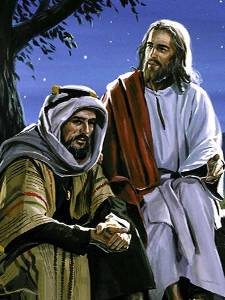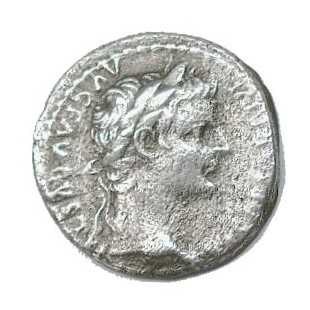Sunday Lectionary: Arise and shine!
4th Sunday of Lent, 18th March 2012
 In our First Reading last week we read about the giving of the Ten Commandments and this week we continue our Lenten tour through the high points of Old Testament Salvation History.
In our First Reading last week we read about the giving of the Ten Commandments and this week we continue our Lenten tour through the high points of Old Testament Salvation History.
Our First Reading begins on a rather somber note. The Kingdom of Judah had abandoned God’s Law and, as a result, the Jerusalem Temple was destroyed and the people led into captivity. All of God’s promises to King David seemed to be lost! We hear the people’s song of lament in today’s Psalm.
However, because of God’s mercy and through His divine providence, the pagan King Cyrus decides to grant the Jews their freedom, releasing them from bondage.
In the light of the New Testament, we know that God’s promises to King David were not forgotten, but that they all found their fulfillment in Jesus of Nazareth, both Son of David and Son of God! The freedom granted to God’s people by King Cyrus was simply a foreshadowing of Jesus’ work of salvation. It is through the King of Kings that we are released from the bondage of death and brought to new life.
In our Second Reading, St. Paul tells use that “because of the great love he had for us, even when we were dead in our transgressions, [He] brought us to life with Christ”. These words of St. Paul are themselves only an echo of the Master’s teaching. In this week’s Gospel Reading, during His discourse with Nicodemus, Jesus reveals the heart of the Father: “For God so loved the world that he gave his only Son, so that everyone who believes in him might not perish but might have eternal life“.
Full of confidence, therefore, in God’s mercy and love, let us approach this week’s Eucharistic liturgy with the joy of those who have been granted new life 🙂
